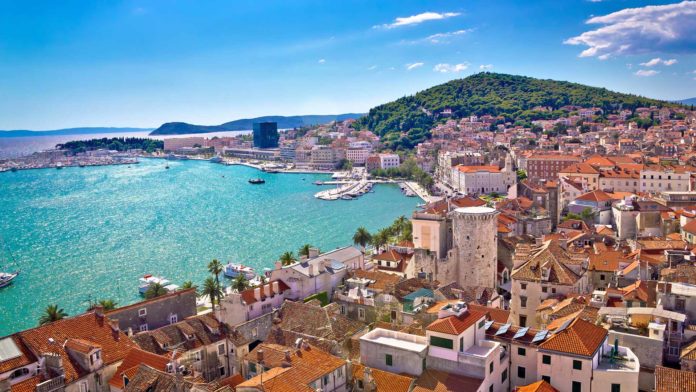Key Highlights
- Croatia considered to be a melting pot of European influence because of proximity to Italy, Hungary, Slovenia, Serbia and Bosnia
- One of few European countries to react early and quickly to COVID pandemic
- Real estate market remains “upright”
Just across the Adriatic Sea from Italy, Croatia is a Central European and Mediterranean country that enjoys a Mediterranean climate (warm, dry summers and mild winters) on its coastline and a continental climate (hot summers and cold, snowy winters) in the country’s interior.
Croatian buyers are, as in the US, benefitting from low interest rates, and wanting more space either in the mountainous or coastal regions of the country. The COVID pandemic has boosted activity for vacation homes and agricultural land. Boro Vujovic, director of the Zagreb-based (capital city of the country) agency Opereta and vice president of the Real Estate Brokerage Business Association of the Croatian Chamber of Commerce, said, “After the pandemic, the vale of isolation, nature and peace has grown considerably.”
Because of Croatia’s early and quick response to the COVID pandemic, the country’s real estate industry is most definitely on track after several years of steady growth. Mirjana Micetic, a broker with Croatia Sotheby’s International Realty, said, “The market never actually died (during the pandemic.) My feeling is that it was pushed back by two to three months…” and like in the US, Croatia’s spring buying season became July, August and September.
The latest quarterly report from the Croatian Bureau of Statistics indicated that home prices increased +8% in Q3 over the same time last year with prices increasing +9% in Zagreb. The luxury market, according to Micetic with Sotheby’s listed and sold more properties from January to September of this year compared to the same period in 2019.
Buyers coming from the US will find reciprocity in more than half of our states including New York, New Jersey, California, Connecticut and Massachusetts. Having a Croatian lawyer, usually in-house at a brokerage, is recommended. Once an offer is accepted, buyers pay approximately 7% of the home’s total cost in taxes and fees including broker commissions, legal counsel and property transfer tax.
By the way, Croatia is beautiful.
Thanks to the New York Times.
Also read: Finally, It’s a Renter’s Market – But, For How Long?, Any Global Cities Expecting Prime Price Growth in 2020?, COVID-19 Pandemic Kinder & Gentler to Billionaires – They’ve Become Richer

























